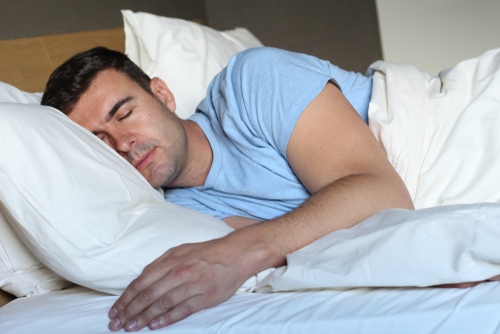

At Emirates Hospital, we understand that excessive drooling can be a common occurrence in infants and toddlers, but when it persists beyond a certain age or develops suddenly in adults, it may indicate an underlying medical condition. Identifying the cause early can help determine the best course of treatment.
Causes of Drooling
Drooling, also known as sialorrhea, can result from various neurological, muscular, or structural issues affecting saliva control. Understanding the root cause is essential for effective management.
- Normal Development in Infants & Toddlers: Drooling is common in babies, especially during teething, and usually resolves as oral motor skills develop.
- Neurological Conditions: Disorders like cerebral palsy, Parkinson’s disease, stroke, or ALS can affect muscle control, leading to excessive drooling.
- Swallowing Difficulties (Dysphagia): Conditions such as nerve damage, throat infections, or tumors can impair swallowing, causing saliva buildup.
- Oral & Dental Issues: Poor oral muscle coordination, malocclusion (misaligned teeth), or mouth infections can contribute to drooling.
- Medication Side Effects: Certain drugs, including sedatives and antipsychotics, may increase saliva production and cause drooling.
Diagnosis of Drooling
A thorough evaluation helps determine the underlying cause and guides appropriate treatment.
- Physical & Neurological Examination: Assesses muscle function, swallowing ability, and oral control.
- Swallowing Studies (Videofluoroscopy): Evaluates how effectively saliva and food are swallowed.
- Salivary Gland Function Tests: Identifies any abnormalities in saliva production.
Treatment Options of Drooling
Management of drooling depends on the severity and underlying cause, ranging from lifestyle changes to medical interventions.
- Speech and swallowing therapy improves oral muscle control and swallowing function, reducing excessive drooling.
- Medications and botulinum toxin (Botox) therapy help regulate saliva production in neurological or medical conditions.
- Surgical interventions and glandular procedures may be considered for severe, persistent cases where other treatments are ineffective.
Request an appointment
Please complete the details and we will book you shortly.
